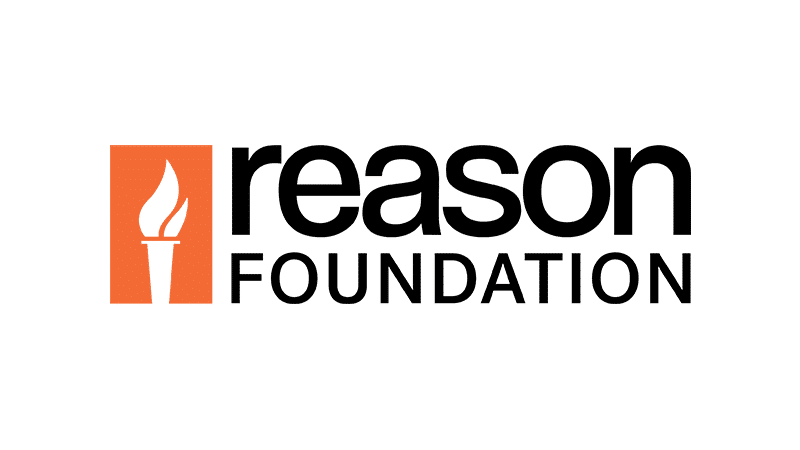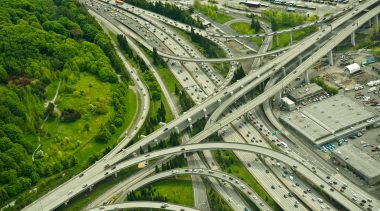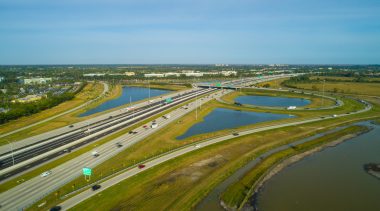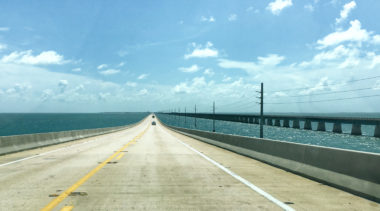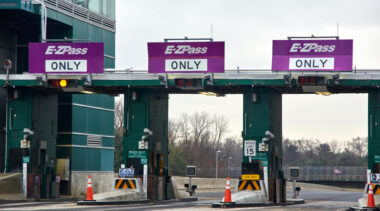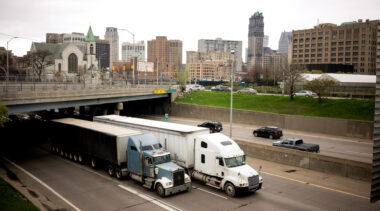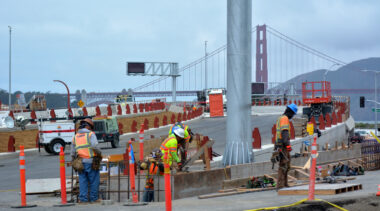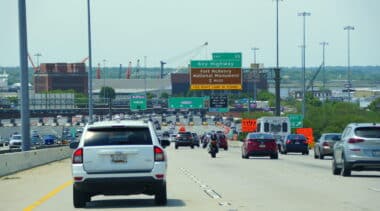-
Privatization of Airports, Air Traffic Control and Airport Security
Air Transportation Chapter of Annual Privatization Report 2016
-
Privatization of Toll Roads, Managed Lanes, Highways, Bridges
Surface Transportation Chapter of Annual Privatization Report 2016
-
Developments in Transportation Finance and Infrastructure Investment
Transportation Finance Chapter of Annual Privatization Report 2016
-
Federal Barriers to Private Capital Investment in U.S. Infrastructure
Private sector can help modernize and improve our roads and bridges
-
Express Transit Lanes for Toll Roads
Express bus service combined with variable pricing in a new policy framework aimed at achieving significant, sustainable reductions in congestion in both the general lanes and the inside-shoulder lane.
-
Can Interstate Tolling Be Politically Feasible?
States can use toll revenue to modernize and update Interstate highways if the program puts the interest of highway users—motorists and truckers—first.
-
How a State Could Transition From Per-Gallon Gas Taxes to Per-Mile Charges
Examining how a state-led transition from per-gallon fuel taxes to per-mile charges (MBUFs) could come about.
-
A Conservative Case for Highway Tolling
This brief explains how tolling can be designed and implemented to be consistent with basic conservative principles of limited government, decentralization, and markets.
-
Why Florida Should Shift from Gas Taxes to Per-Mile User Fees— and How to Do It
This policy brief focuses on how Florida policymakers can address the looming highway-funding problem by transitioning from per-gallon taxes to per-mile charges.
-
Transportation and COVID-19: A State Guide to Policy and Priorities
What states can do amidst today's uncertainty, with a policy focus on mitigating risks to public-sector transportation operations and infrastructure investments.
-
Rethinking Interstate Rest Areas
This policy brief suggests that a 21st-century Interstate system should have state-of-the-art service plazas in addition to new pavement, improved bridges, and redesigned and rebuilt interchanges in many urban areas.
-
Fuel tax rebates for newly tolled Interstates: A quantitative assessment
The purpose of this policy study is to assess the feasibility of providing fuel tax rebates for miles driven on reconstructed Interstates financed by toll revenues.
-
Replacing Michigan’s gas tax with mileage-based user fees
A transition from per-gallon fuel taxes to a mileage-based user fee system should be considered as a strategy to ensure adequate road funding for Michigan’s future.
-
Using DBFOM public-private partnerships benefits drivers, states and transportation contractors
Strategic use of design-build-finance-operate-maintain public-private partnerships for major transportation projects considerably expands the total money available for transportation infrastructure.
-
Reforming environmental litigation
There is growing bipartisan support that the NEPA process, as it has evolved since the legislation’s enactment in 1970, has gone too far, placing obstacles and delays in the way of needed energy and transportation infrastructure projects.
-
Interstates first: Why the transition to road user charges should begin with limited access highways
To begin the transition from gas taxes to per-mile charging, the U.S. needs a plan to address drivers' privacy, double taxation concerns, and the cost of collection.
-
Annual Transportation Finance Report 2025
Infrastructure investors financed $77.5 billion worth of public-private partnership infrastructure transactions last year.
